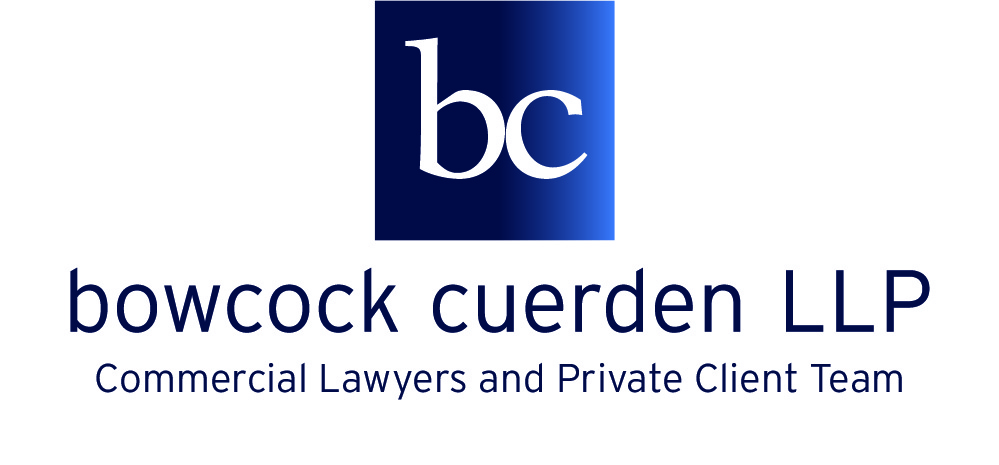Tax, Wills and Deceased Estates FAQ
- Home
- »
- Our Services
- »
- Services for You
- »
- Tax, Wills and Deceased Estates FAQ
-
Under the Intestacy Rules those whom the law regards as your next of kin, in the order which the law prescribes, would inherit. This means, for example, that parents take before brothers or sisters. A Will gives you the opportunity to make your own decisions, for example choosing someone you trust to act as Executor and leaving legacies to friends or charity.
-
It can be useful to appoint an independent person such as a solicitor to be a professional executor of your Will. We would ensure the terms of any Will are honoured and can be trusted to act impartially in the event of disputes between different factions in a family.
-
Definitely! The Intestacy Rules only cover married couples or those in registered Civil Partnerships.
-
You may well have a claim for financial provision that can be enforced through the courts, despite there being no Will.
-
If the combined worth (add together the values of, for example, house, savings, insurances, pensions and chattels) of a married couple exceeds £650,000 (£325,000 for a single person – which includes co-habitees) then the Chancellor will charge IHT at 40% on the excess.
Prior to October 2007 married couples were advised to make use of both their nil rate bands for IHT. This involved complicated nil rate band trusts. These however may no longer be needed as in October 2007 the Government introduced the transferable nil rate band. This can best be illustrated with an example: The husband died in 1998 having made no gifts in his lifetime and his will passed all his estate to his surviving spouse. When she dies in say 2012 the nil rate band for IHT has increased to £325,000. The surviving spouse can now leave £650,000 free of IHT.
The new arrangements are simple but existing wills should not be discarded without advice, as the flexibility of nil rate bands may have other benefits and can offer solutions to more complex arrangements. -
Not entirely. New life interest trusts and trusts for children or grandchildren may face additional tax charges. But there are still many opportunities to transfer wealth in a more tax efficient manner, and trusts are still appropriate for farming and business families or where divorce or bankruptcy are a potential threat.
-
House sharing arrangements can, if appropriately structured, avoid falling foul of the pitfalls associated with the IHT ‘gift with reservation of benefit’ regime or the Pre-Owned Asset income tax charge. Capital Gains Tax is a further consideration. These arrangements may sometimes reduce liability for Local Authority care costs.
-
A Lasting Power of Attorney (LPA) is appropriate, but if Mother no longer has sufficient mental capacity it is too late for her to make one.
-
By appointment of a Deputy through the Court of Protection. As this can be time-consuming, complex and expensive, it is preferable to set up an LPA in advance.
-
At any age you may suffer an accident which impairs your physical and/or mental capacity. If that happened, an LPA would allow your chosen relatives to deal effectively with your financial matters without the ongoing expense and aggravation of a Court of Protection receivership.
-
Under a Property and Finance LPA they can act with his permission straightaway – it does not have to be delayed until the onset of mental incapacity. Father can ask his attorney to do things for him straight away.

